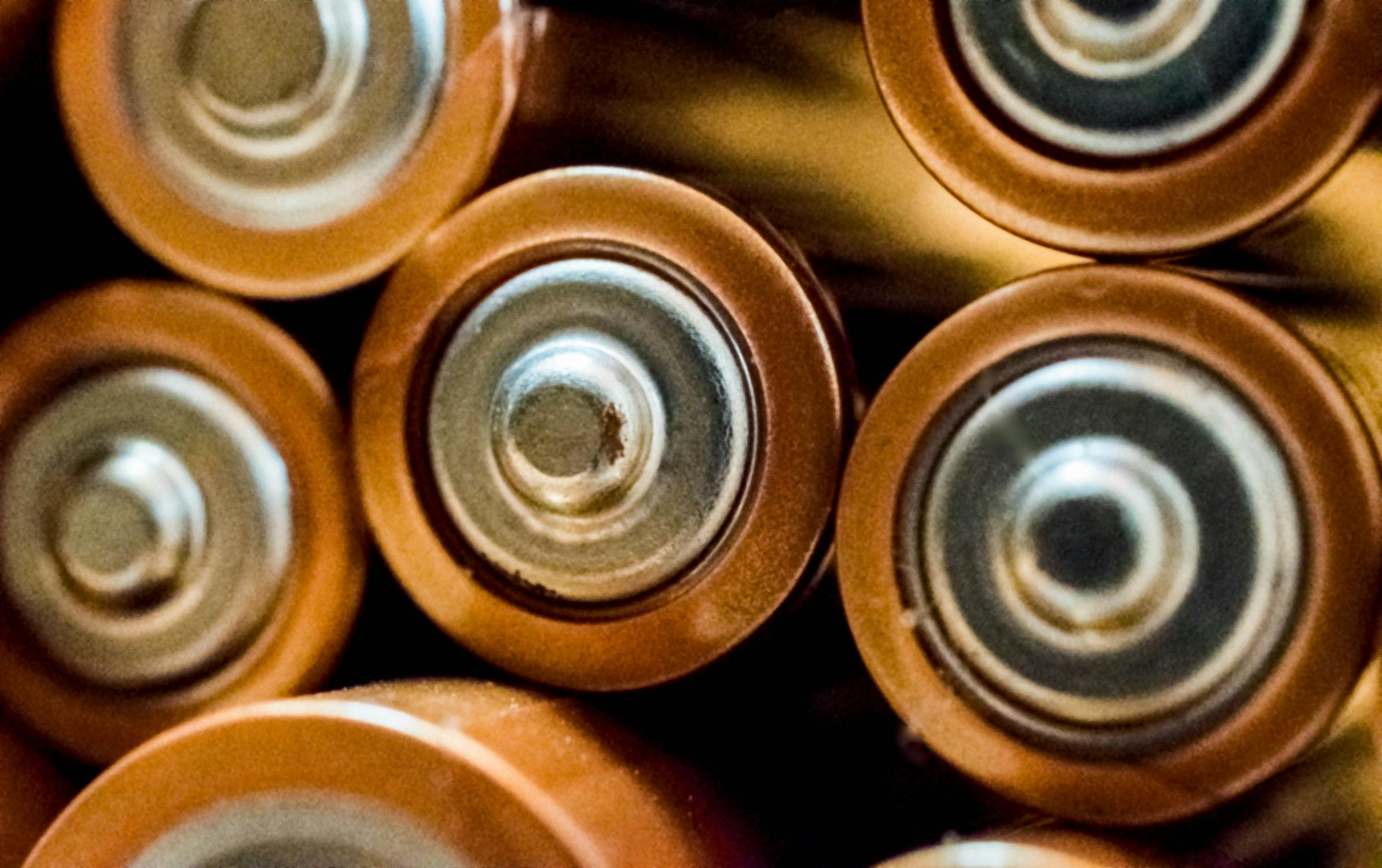
Batteries
otherBatteries can be found in any house. They are used in a wide range of products including toys, remote controllers, mobile phones, cars and many more. Luckily, technology has advanced to the point now that single-use batteries can be recycled cost-effectively.
Production of a battery uses up 50 times more energy than the battery can provide during its life.
You can dispose of different types of batteries in appropriate recycling facilities, hazardous waste facilities, or at designated drop-off sites in your community. There are even mail-in options.
Single-use batteries - these are made of different materials that can be well recycled. Even if it may not be illegal not to recycle them in your state it’s strongly recommended to do so. Single-use batteries contain various hazardous materials, including heavy metals and acids, and can cause serious environmental harm if not discarded properly.
Car batteries - can be disposed at an auto parts retailer or hazardous waste collection site. They can also be dropped off at recycling or waste disposal facilities that specialize in hazardous materials.
Lithium-ion batteries - typically power portable electronics like your mobile phone, digital camera, tablet, or laptop.
Button batteries - should be disposed at a hazardous waste collection site or recycling facility. They can be found in watches and other small devices like hearing aids. You may be able to recycle or dispose of them at electronics retailers.
Rechargeable batteries - can be recycled through mail-in, drop-off or take-back programs. They contain nickel and cadmium, which can create an environmental hazard if the batteries are thrown away in a landfill or an incinerator. Many electronics retailers, will accept used rechargeable batteries for recycling. The average rechargeable battery can be charged about 1,000 times before it needs to be replaced. Never return a fully-charged battery to the charger for an extra boost since it shortens the battery’s lifespan. Do not leave your rechargeable battery in the charger after it’s done charging. Continuous charging will shorten the battery's lifespan. Don’t leave your rechargeable batteries discharged or unused for extended periods of time. To extend battery life, charge them at least every 6-9 months.
Finally, store and care properly for used batteries before you dispose of them to minimize the risk of fire and dangerous chemical leaks. Keep dead batteries away from children and pets. Store them in a cool, dry place. Corrosion or overheating can cause leakage or rupture. It is also important to avoid storing your batteries near any flammable materials, as this could present a fire hazard. Ideally, use a cardboard box or another non-conductive container for storage and do not mix different types of batteries, since it may result in leakage and dangerous chemical reactions. It is also a good practice to tape terminals of batteries. Sometimes seemingly dead batteries still carry a bit of a charge. This applies mainly to 9V batteries, as the end of that battery, can be short-circuited if it touches metal in the two terminals.
Help us & Donate Recycle Academy
Pizza boxes are among the most common offenders when it comes to contamination, waste managers say. Lorem ipsum dolor sit ame
 Donate
Donate







